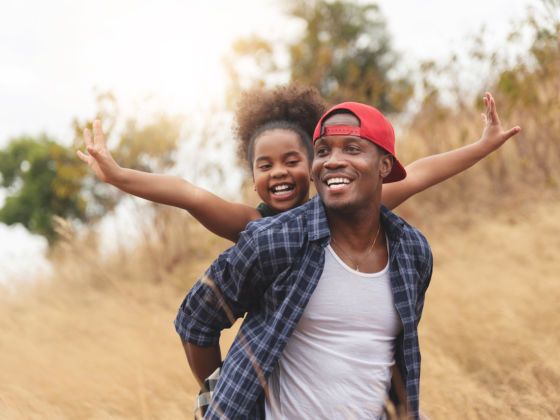MY PARENTS DIVORCED when I was three. I stood to the side while my dad tried to figure out how to adjust the pleats of my school uniform. “I’ve never ironed a skirt before,” he said. In a row of girls wearing black leather shoes and lace socks, I wore hiking boots and wool. Neither one of us had ever heard of starching a skirt.
With divorce came dating, then step-parents and an ever-changing mix of families. Only our father-daughter trips remained the same.
